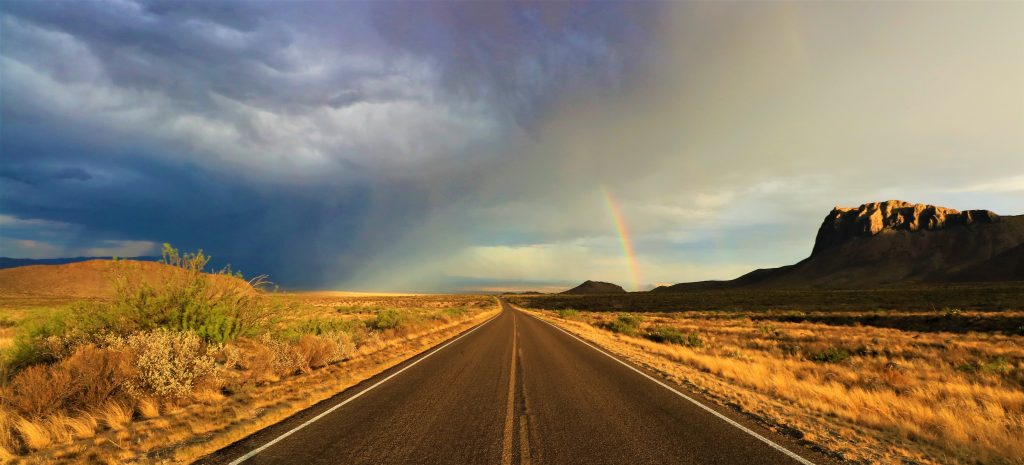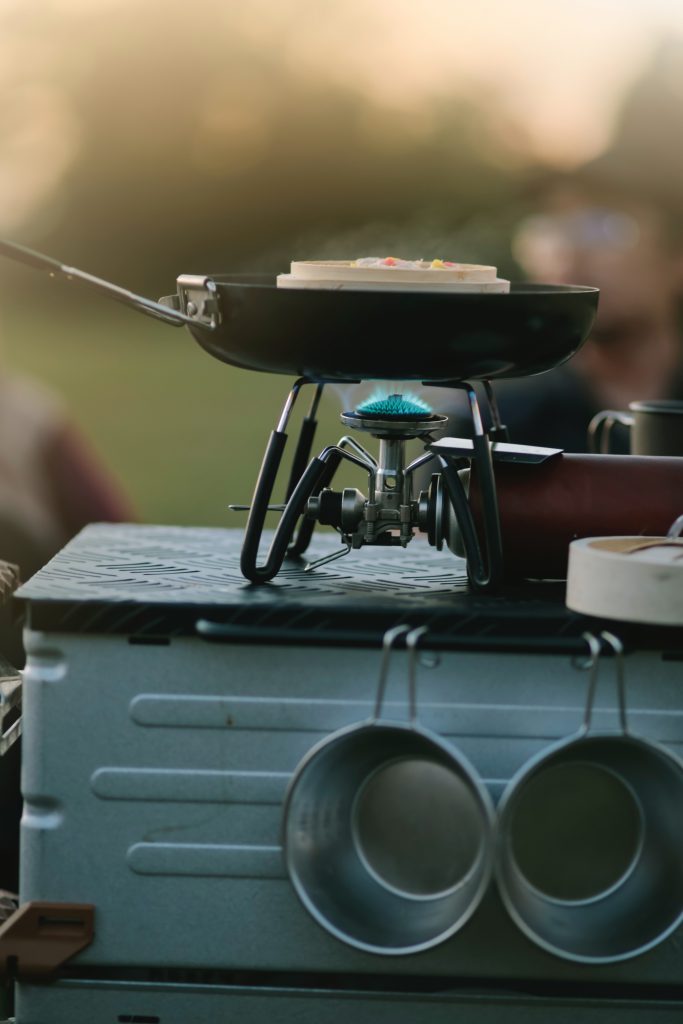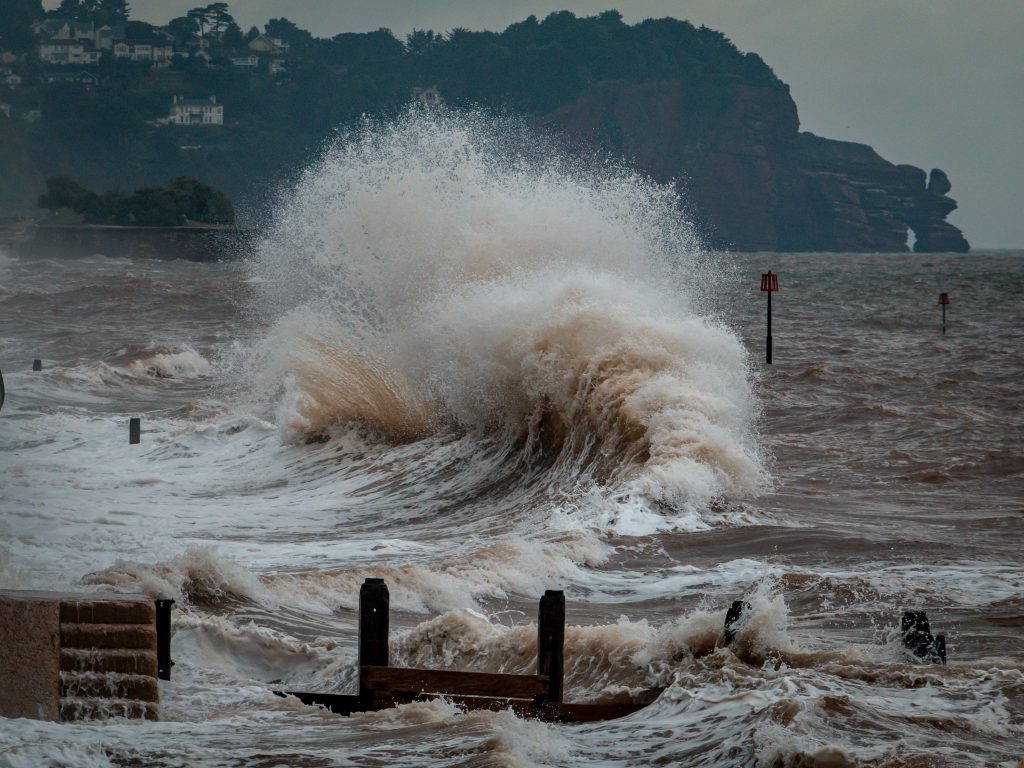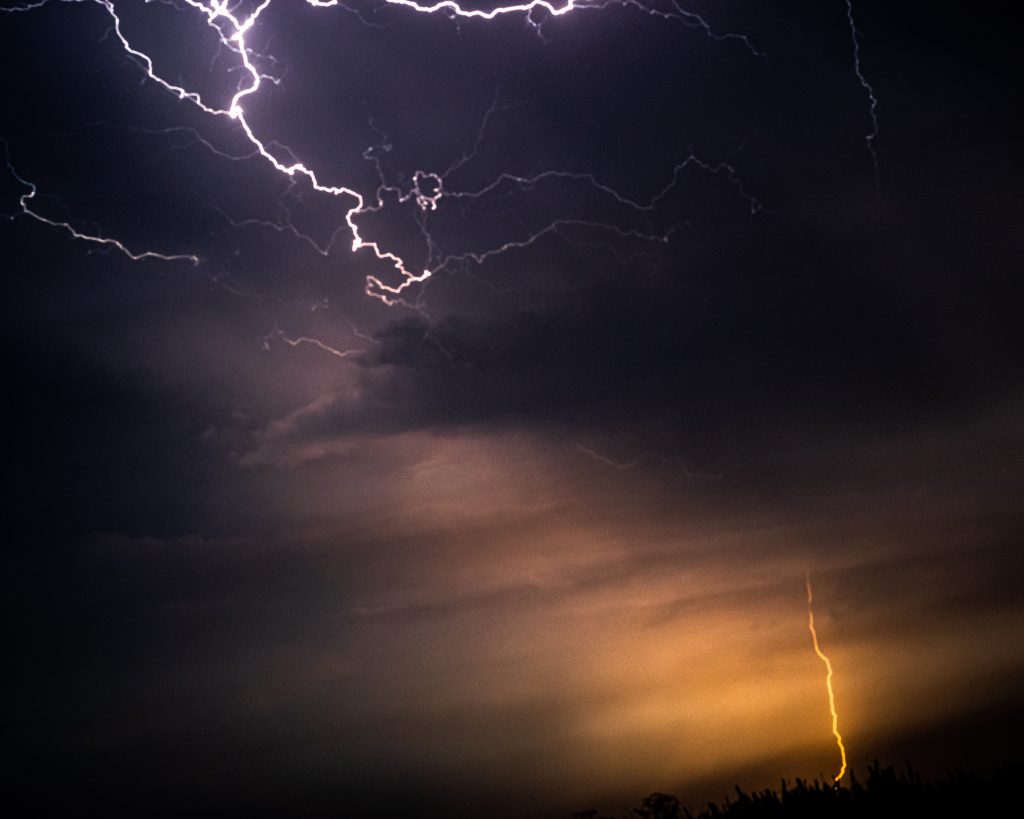Get Started with Prepping: Essential Tips for Beginners
In an unpredictable world, being prepared for unexpected events and emergencies is a wise choice. Prepping, short for preparedness, involves acquiring the knowledge, skills, and supplies necessary to effectively navigate and survive various crisis situations. Whether you’re interested in natural disasters, economic uncertainties, or personal safety, embarking on your prepping journey can provide peace of mind and the ability to take care of yourself and your loved ones.

This guide will help you get started with prepping by recommending online channels to follow, providing steps for exploring this new journey, and sharing essential tips for beginners.
1. Online Channels for Prepping:
The internet is a valuable resource for preppers, offering a vast array of educational and informative content. Here are some recommended channels to get you started:
a. Year Zero Survival: Is a comprehensive website that covers various aspects of preparedness. They share practical tips, gear reviews, and survival techniques.
b. Canadian Prepper: This channel provides a wealth of knowledge on prepping, survival skills, gear reviews, and discussions on current events. Canadian Prepper offers practical advice for both urban and wilderness survival scenarios.
c. The Urban Prepper: Focusing on urban preparedness, this channel offers tips for city dwellers, apartment preppers, and those with limited space. It covers topics such as food storage, self-defense, and urban gardening.
d. Sensible Prepper: Offers a wide range of prepping videos, including bug-out bags, gear reviews, DIY projects, and everyday carry items. The channel emphasizes practical and cost-effective solutions.
e. Wranglerstar: Is a homesteading and self-sufficiency channel that covers various aspects of preparedness, such as woodworking, off-grid living, and outdoor skills.

2. Exploring the Prepping Lifestyle:
To start your prepping journey on the right foot, consider the following steps:
a. Assess your needs: Identify the potential risks and hazards in your area and determine the specific areas of preparedness you want to focus on. This could include food and water storage, emergency shelter, first aid, self-defense, or alternative energy sources.
b. Research and educate yourself: Read books, articles, and online resources about prepping. Watch videos, attend workshops or classes, and seek advice from experienced preppers. Building a strong knowledge foundation is crucial.
c. Start with the basics: Begin by acquiring essential supplies like water storage containers, non-perishable food items, first aid kits, flashlights, and batteries. Gradually expand your inventory based on your needs and budget.
d. Practice skills: Prepping isn’t just about stockpiling supplies; it also involves acquiring practical skills. Learn first aid, basic self-defense techniques, fire starting, gardening, and other relevant skills that will be valuable in emergency situations.
e. Connect with the community: Join online forums, social media groups, or local prepping communities to connect with like-minded individuals. Networking with experienced preppers can provide valuable insights and support

3. Essential Tips for Beginners:
As a beginner in the world of prepping, keep the following tips in mind:
a. Prioritize the basics: Focus on the essentials first, such as water, food, shelter, and medical supplies. Aim to have a sufficient amount of clean water (at least one gallon per person per day) and non-perishable food to last for at least two weeks.
b. Create a bug-out bag: Prepare a portable emergency kit, often called a bug-out bag or go-bag, that contains essential items for survival on the go. Include items like a multi-tool, first aid supplies, a flashlight, extra clothing, cash, and copies of important documents.
c. Rotate and maintain supplies: Regularly check the expiration dates of food, medications, and other perishable items in your supplies. Create a rotation system to ensure items are consumed or replaced before they expire.
d. Develop a communication plan: Establish a communication plan with your family or household members. Determine how you will stay connected during emergencies, including meeting points, emergency contacts, and alternative communication methods like walkie-talkies or ham radios.
e. Practice and adapt: Regularly practice your prepping skills, such as setting up a tent, purifying water, or starting a fire. Conduct drills with your family to ensure everyone understands their roles and responsibilities during an emergency.
f. Stay informed: Stay updated on current events, weather forecasts, and potential hazards in your area. Sign up for emergency alerts and notifications to receive timely information.
g. Physical fitness and self-defense: Engage in regular exercise to maintain good physical fitness, as it will contribute to your overall preparedness. Consider learning self-defense techniques to enhance personal safety and security.
h. Consider sustainability: Explore sustainable practices such as gardening, composting, and renewable energy sources. These skills can provide long-term self-sufficiency and resilience.

Conclusion:
Prepping is a journey that requires ongoing learning, preparation, and adaptation. By following informative online channels like Year Zero Survival, Canadian Prepper, The Urban Prepper, Sensible Prepper, and Wranglerstar, you can gain valuable insights and guidance.
Remember to assess your needs, research, start with the basics, practice skills, and connect with the prepping community. Prioritize the essentials, maintain your supplies, and develop a communication plan. Stay informed, stay fit, and consider sustainable practices. Embrace the prepping mindset to ensure you and your loved ones are better prepared for whatever challenges may arise.
(Note: YearZeroSurvival.com is a comprehensive website that covers various aspects of preparedness. It offers practical tips, gear reviews, and survival techniques. Visit the website for more in-depth information.)
